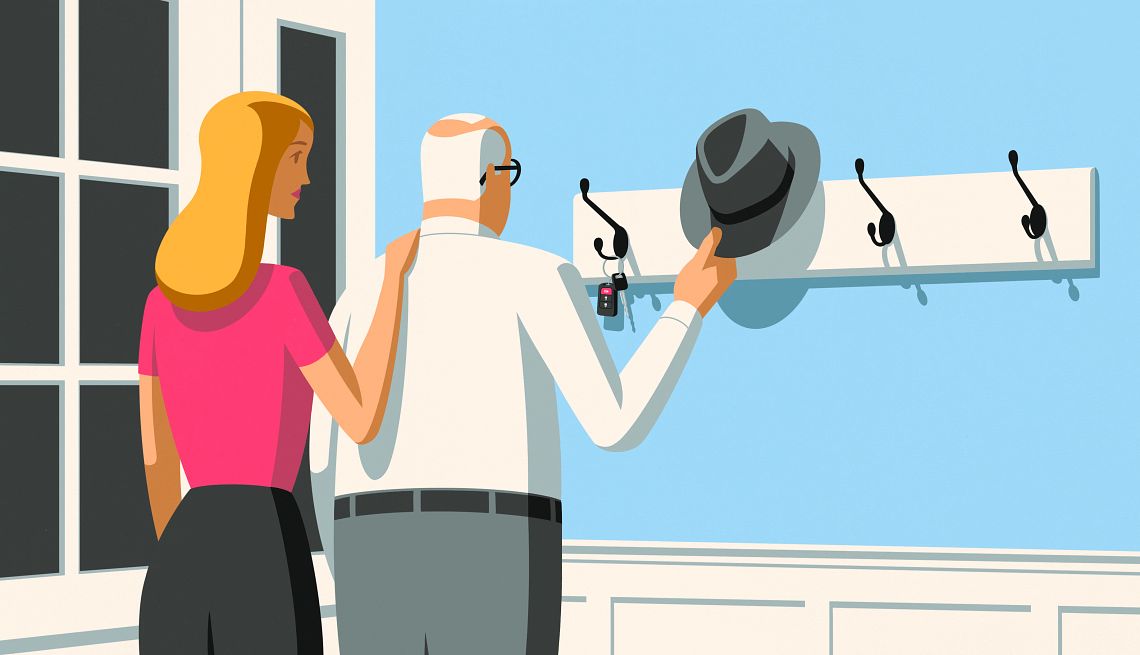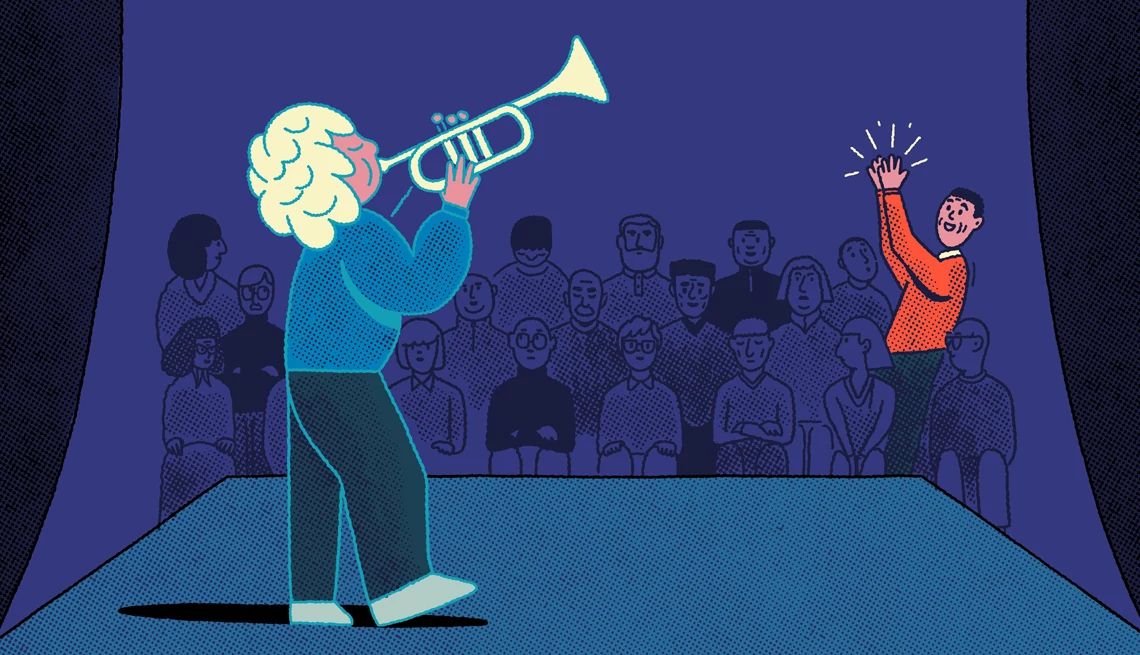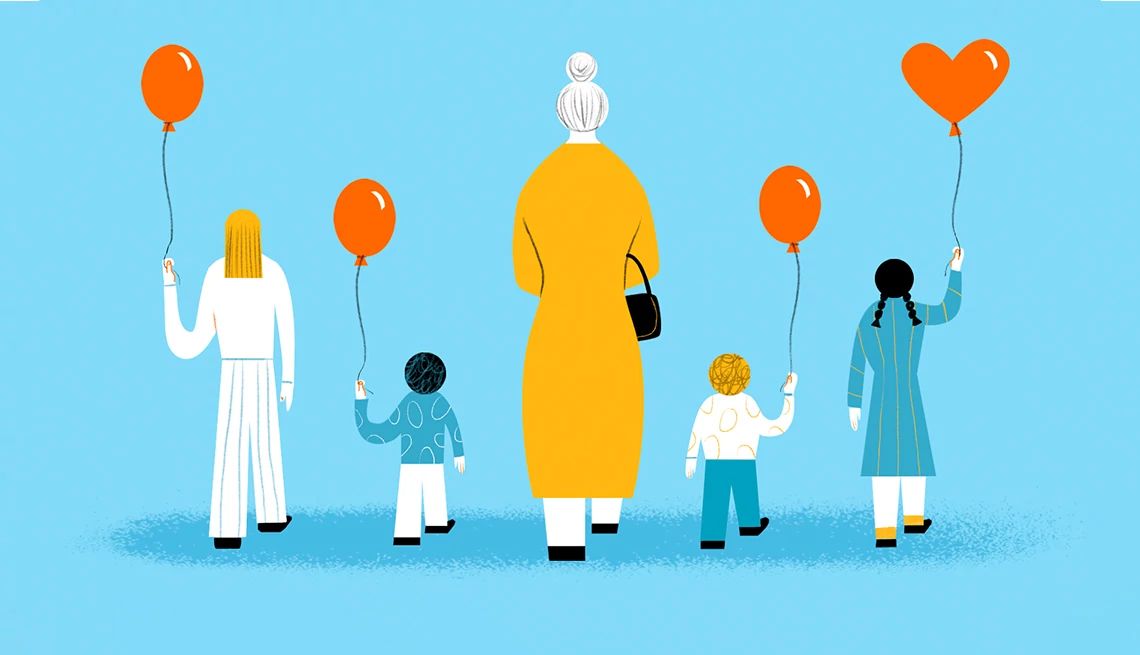AARP Hearing Center
Family & Relationships
Find happiness and fulfillment through healthy relationships and deep connections
Sex After 50
Friends & Family


AARP Membership — $15 for your first year when you sign up for Automatic Renewal
Get instant access to members-only products and hundreds of discounts, a free second membership, and a subscription to AARP the Magazine.
Pets
Video Spotlight
Love & Dating
Family Caregiving
Grandparenting
Features and Resources


Members Edition
Can a Sexless Marriage Be Saved?
Plus, a woman who really doesn’t like sex

























































































